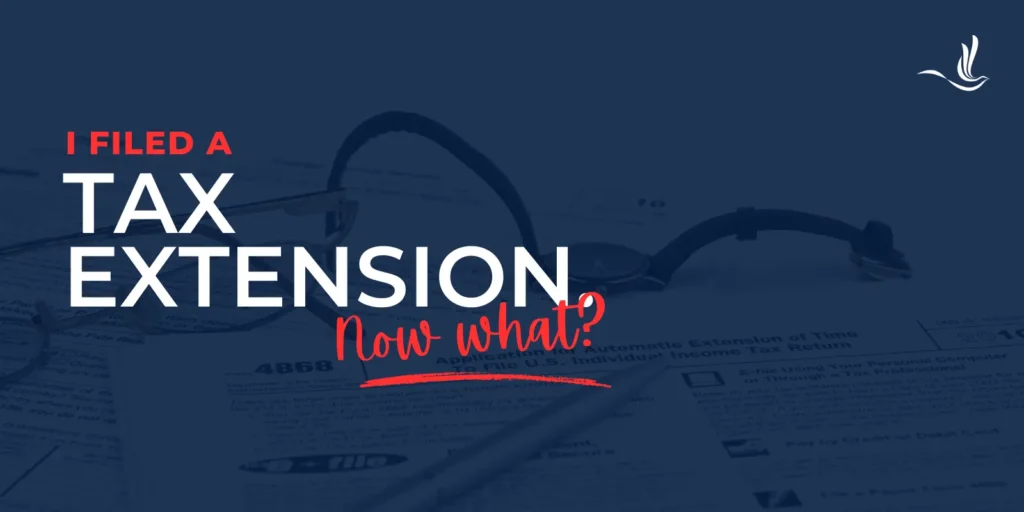
Filing taxes can be a stressful ordeal for many individuals, but for some, the April deadline comes too soon. If you’re one of the many Americans who filed for a tax extension, you’ve gained a little breathing room. However, it’s essential not to let that extra time slip away without acting. Here’s a guide on what to do after filing a tax extension to ensure a smooth process and avoid any potential pitfalls.
Review Your Situation
First and foremost, take a moment to reassess your financial situation. The extension deadline has given you time to gather necessary documents and reconsider certain deductions and credits. Review your financial records, receipts, and any changes in your circumstances that may impact your taxes. This step is crucial for accurate and thorough tax filing.
Understand the New Deadline
While filing for an extension grants you additional time to submit your tax return, it’s vital to understand the new deadline. Typically, the extended deadline falls six months after the original due date. The tax extension deadline in 2024 is October 15. Mark this date on your calendar and set reminders to avoid any last-minute rush.
Complete Your Tax Return Promptly
Don’t fall into the trap of procrastination. Even though you’ve been granted an extension, it’s best to complete your tax return as soon as possible. The longer you wait, the more likely you are to encounter unexpected issues or delays. Aim to finalize your taxes well before the extended deadline to avoid any last-minute stress.
Pay Any Owed Taxes
It’s crucial to remember that a tax extension does not grant an extension for paying any taxes owed. If you anticipate owing taxes, it’s best to estimate the amount and pay as much as possible before the original deadline to minimize penalties and interest. Failure to pay on time can result in additional fees, so make paying any owed taxes a priority.
Consider Electronic Filing
Electronic filing is a convenient and efficient way to submit your tax return, especially if you’re working with a tight deadline. Many tax preparation software programs offer e-filing options that can streamline the process and help ensure accuracy. Additionally, electronic filing typically results in faster processing and quicker refunds, if applicable.
Seek Professional Assistance if Needed
If your tax situation is complex or you’re unsure about certain aspects of your return, don’t hesitate to seek professional assistance. A qualified tax professional can provide guidance, ensure compliance with tax laws, and help maximize deductions and credits. While there may be a cost associated with hiring a tax preparer, the peace of mind and potential savings can outweigh the expense.
Plan for the Future
Once you’ve completed your tax return and filed any necessary paperwork, take the opportunity to plan for the future. Consider implementing strategies to better prepare for next year’s taxes, such as keeping detailed records throughout the year, exploring tax-saving opportunities, and adjusting your withholding if necessary. Planning ahead can help alleviate stress and ensure a smoother tax filing process in the future.
Tax Help for Those Who Filed a Tax Extension
Filing a tax extension can provide much-needed relief for those facing a time crunch or dealing with complex tax situations. However, it’s essential to use this extra time wisely and take proactive steps to complete your tax return accurately and on time. By reviewing your situation, understanding the new deadline, promptly completing your tax return, paying any owed taxes, considering electronic filing, seeking professional assistance if needed, and planning for the future, you can navigate the post-extension period with confidence and ease. Optima Tax Relief is the nation’s leading tax resolution firm with over a decade of experience helping taxpayers with tough tax situations.
Contact Us Today for a No-Obligation Free Consultation